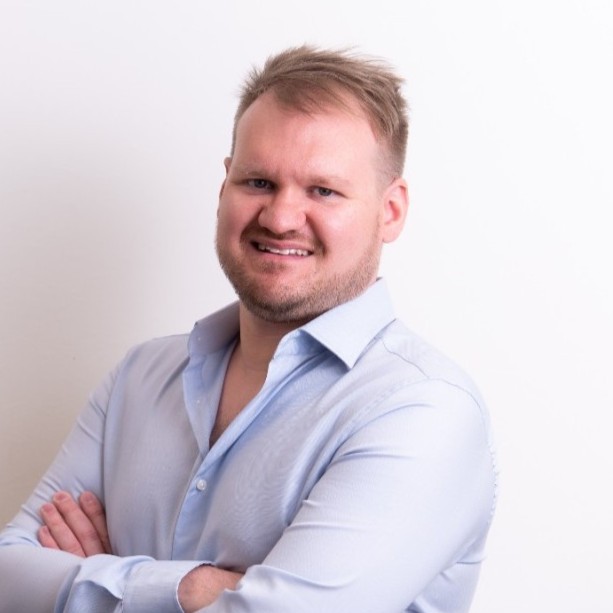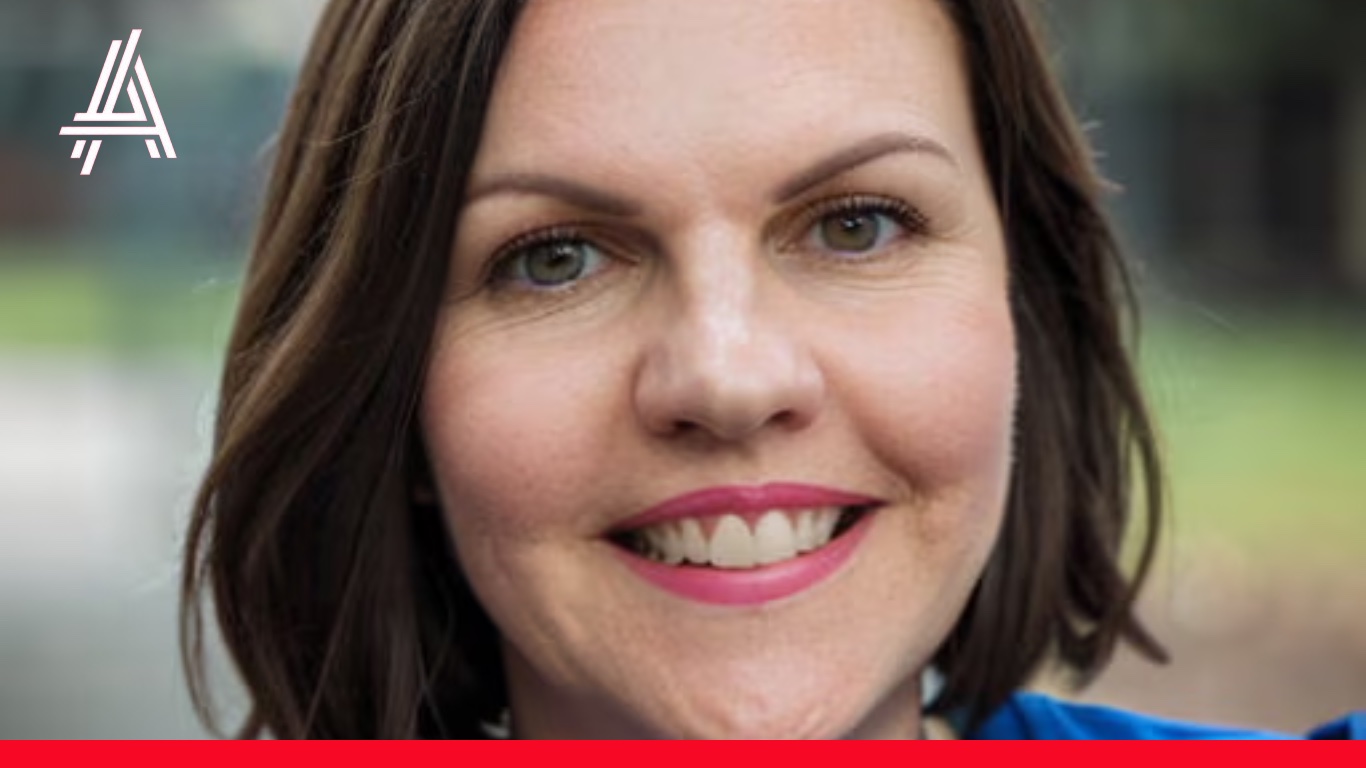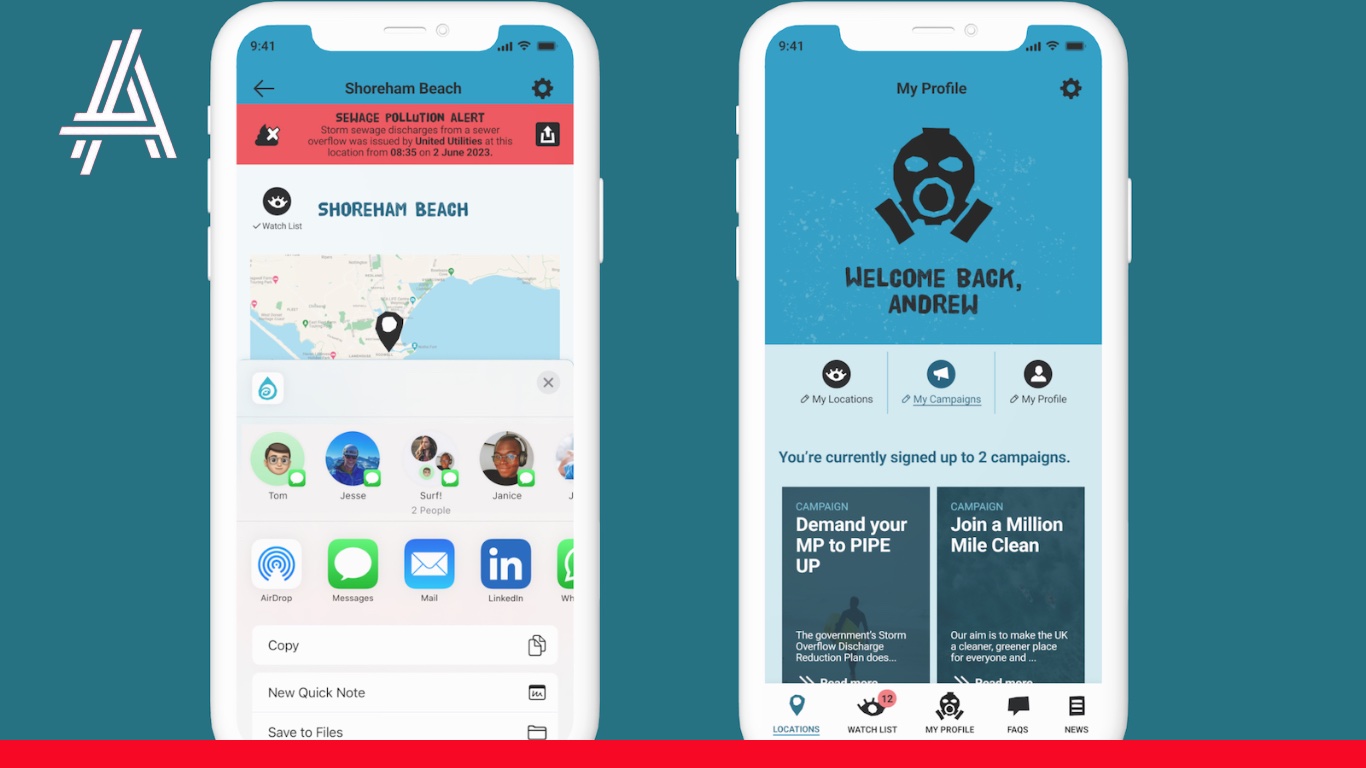From The Netherlands to Nepal, Cairo to Copenhagen, our entire production base is freelance.
This way of working is par for the course in the translation industry – at Comtec we’ve built a network of more than 3,000 freelance linguists, across 200 languages.
And while this might seem like an unusually high number, it means we can always call upon an expert to cover pretty much any language, specialism and discipline that our clients’ projects require.
I’ve got more than a decade’s worth of experience working with numerous external suppliers; so, if you’re looking to move your organisation in this direction, or expand your existing pool of freelancers, have a read of my top ten tips on developing, maintaining, and celebrating the freelance business model.

Recruit from the right places
We receive up to 100 applications every day from linguists wanting to join our network and have a dedicated team member who spends 50% of their time managing our freelance talent.
Monthly meetings identify where we need additional language support, or require specialists in a certain field for an existing client or perhaps for a new client coming on board.
Do the due diligence
If you like the look of someone, undertake a detailed recruitment and assessment process to make sure they meet your criteria. We look for things like membership of relevant associations or professional bodies. Grab at least two references, and check out industry qualifications and whether stated experience stands up to scrutiny.
Vet and test
Giving an open-ended time limit on a test, doesn’t always show what someone can do in a real-life scenario. Someone who’s great when given a week, might not deliver such high-quality work under the pressure of a live project. We get tests checked over by existing linguists too.
Hand pick your team
Our linguist teams are hand-picked based on their experience in the type of translation and localisation that the client requires, their understanding of the target market and culture, as well as their specialist industry knowledge and experience. This is great for returning clients as it means linguists gain a deep understanding of brand and preferred communication type, ensuring that style and terminology are consistent across each project.
Keep a keen eye on quality
As well as being ISO 9001 and ISO 17100 certified, our stringent QA process monitors the objective quality of translations. Clients sometimes don’t have much understanding of how languages work, so we pull out all the stops to make sure everything is accurate.
As well as being proofread and scrutinised by our in-house QA team, work is checked and proofed again by a second linguist. We’re mindful that translation can be subjective, so there needs to be a balance, content can be correct but just not ‘quite right’ so that’s something we recognise too.
Giving an open-ended time limit on a test, doesn’t always show what someone can do in a real-life scenario
James Brown
Put processes in place
Managing freelancers on the scale we do could become overwhelming. Processes and systems are key. We’ve built an in-house translation management database that holds records of all our linguists in one place.
Give feedback
Feedback from quality checks is fed into our translation management system so we can look at translator performance and make sure it’s always of the highest quality. And for objectivity, we share proofers’ notes for comment and to resolve any differences of opinion between linguists. This is helpful as there’s always something to be learnt. Plus, everyone feels heard which helps nurture our freelance community.
Treat your external team well
For starters, we’re an accredited B Corp company, which means we continually meet exceptionally high standards for positive environmental and social impact, and this extends to the way we treat our clients and suppliers.
Our clients tell us that based on our approach, and how we support them, we’re like an extension of their team (which feels good!) so we model that with our freelancers too.
Comtec’s project managers are encouraged to get to know our linguists and understand where they come from, their cultural cues, and what they need to succeed.
They’re just as important as our clients, so we look after them; after all, we wouldn’t be able to serve our clients without them and their specialist expertise. They’re human beings, not spreadsheets, so deserve to be treated not just as faceless commodities, but as individual people.
Champion your freelancers
For our top 25 languages we’ve appointed a ‘language champion’ who is our go to for language and culture advice. It’s great for us and our clients to have all that knowledge on tap, and it’s great for them as they feel included and valued.
We also nominate linguists for industry awards. In the past 6 years our linguists have won 4 times and come runner up once, which we’re so pleased about!
Every two years we hold face-to-face open days where we gather everyone together for a day of networking, games, learning sessions and lots of food and drink. There’s nothing better than meeting in person and understanding how we all tick! It helps hugely with relationship building and teamwork.
Flexibility means scalability
Our model allows us to adapt our services and solutions to our clients’ needs and it’s helped us grow our business by 80% in the last 12 years.
Building a large freelance network means we can take on niche projects that most translation agencies won’t touch because they don’t have a great enough spread of specialists – with our huge pool of talent, our attitude is always ‘YES WE CAN!’
Hopefully you’ve picked up some useful ideas from me here, let me know if you’ve got anything to add to my top ten!
And what’s your experience of working with freelance networks? Perhaps you’re a freelancer; what makes you loyal to a client and what more can clients do to make your working day better?

Join 3,000+ agencies
Get the Agency Hackers Newsletter, and read candid stories from other agency leaders.
Upcoming events

Join 3,000+ agencies
Get the Agency Hackers Newsletter, and read candid stories from other agency leaders.










